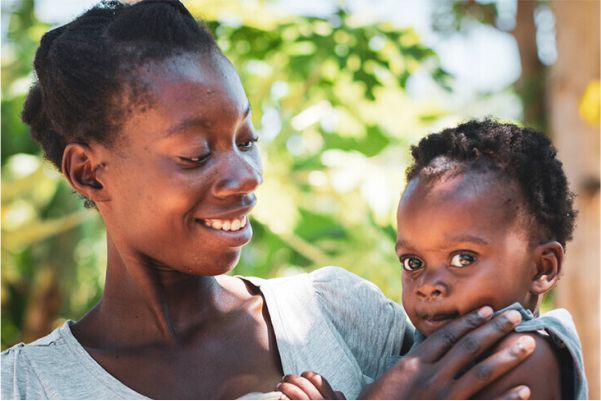Children are often the most vulnerable members of society, yet they are often overlooked
when it comes to policy development. However, it is crucial to include children in the policy
development process to ensure that their rights and needs are taken into account, and that
policies are effective and relevant for all members of society.
Firstly, children are experts in their own experiences, and their perspectives are invaluable in
policy development. By involving children in policy development, policymakers can gain insight
into the real-life impact of their decisions on children’s lives. This can help ensure that policies
are appropriate, effective, and reflective of the needs and desires of the children they will
impact.
Including children in policy development can help promote their sense of ownership and
responsibility for the policies that affect them. This can help build their confidence, sense of
agency, and civic engagement, as they learn about the policymaking process and how it relates
to their own lives.
Children involvement in policy development can help ensure that policies are compliant with
international legal frameworks such as the Convention on the Rights of the Child. This can help
promote the protection of children’s rights and ensure that policies are developed with the best
interests of children in mind.
Involving children in policy development can help promote a culture of democratic participation
and decision-making. This can help create a more inclusive and equitable society, where all
voices are heard and considered in policy development.
Finally, involving children in policy development is essential to creating policies that are
effective, relevant, and respectful of children’s rights and needs. By providing children with a
platform to share their experiences and perspectives, policymakers can create policies that
truly reflect the realities of children’s lives. In addition, involving children in the policymaking
process can promote a culture of democratic participation and empower children to take an
active role in shaping their own futures.

